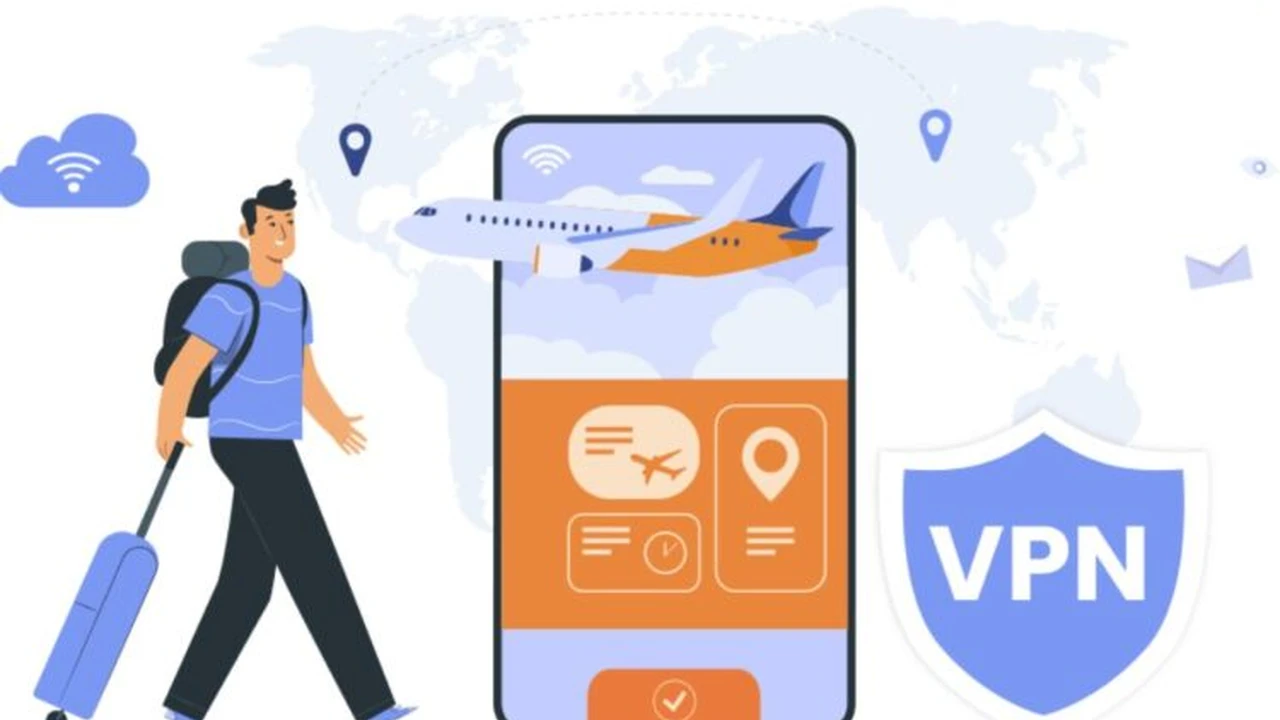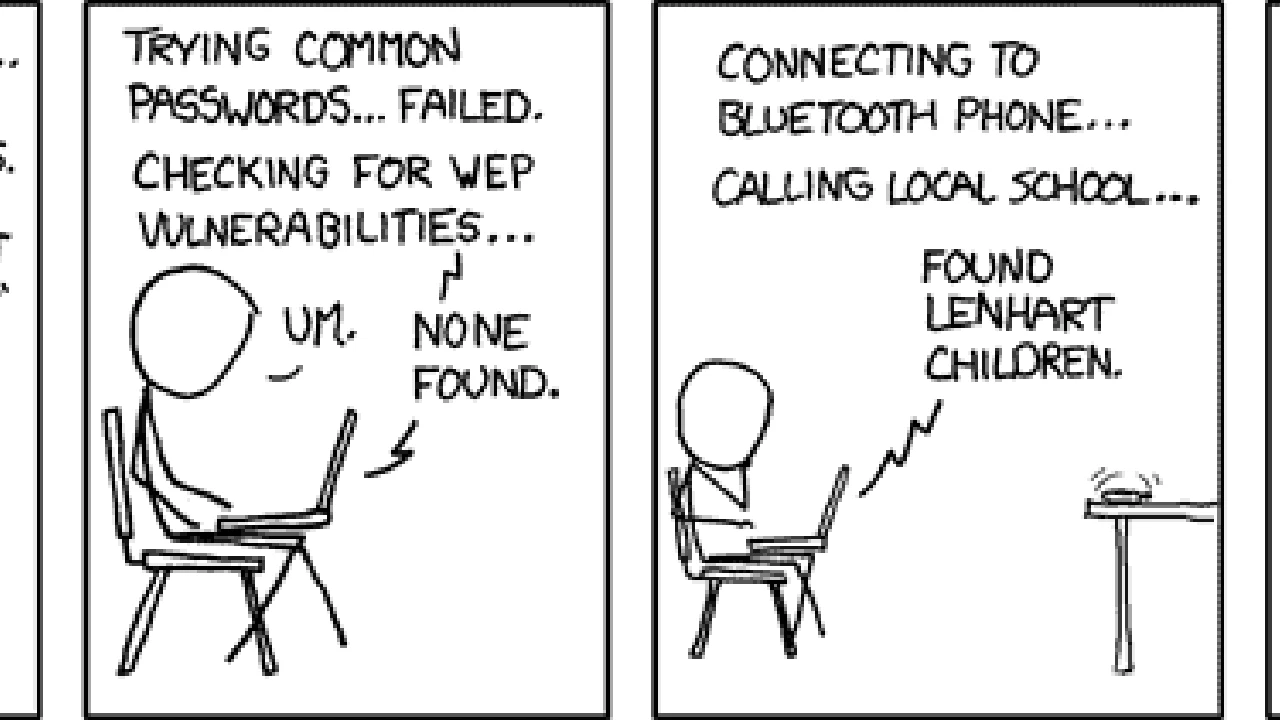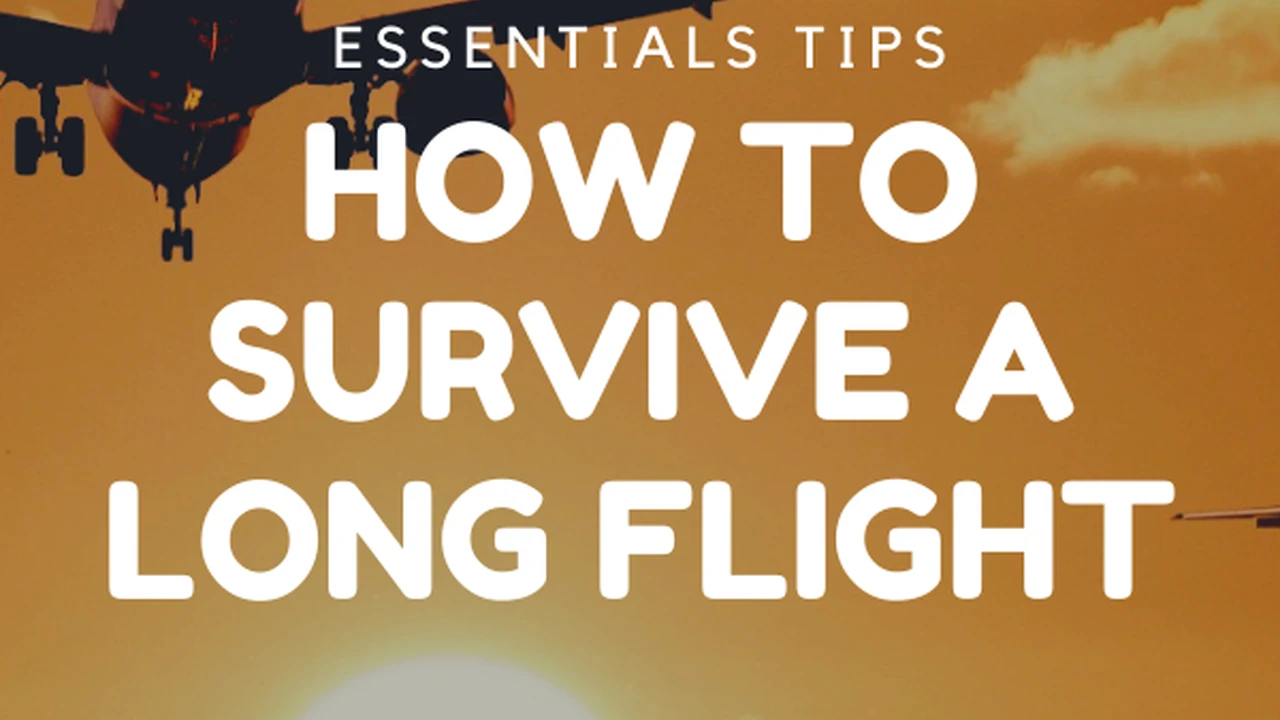Best VPNs for Travel Security
Protect your online privacy and security while traveling with a VPN. Learn how to choose the right VPN and stay safe on public Wi-Fi. Enjoy secure browsing and access blocked content.

Why You Need a VPN While Traveling The Importance of Travel VPNs
Okay, let's get real. You're sipping a coconut on a beach in Thailand, posting envy-inducing pics on Instagram using the free Wi-Fi at your hostel. Sounds idyllic, right? But here's the thing: public Wi-Fi is a hacker's playground. They can intercept your data, steal your passwords, and even access your bank accounts. Yikes! That's where a VPN (Virtual Private Network) comes in. Think of it as a super-secure tunnel for your internet traffic, shielding it from prying eyes. It encrypts your data, making it unreadable to anyone trying to snoop.
Key Benefits of Using a VPN When Traveling Abroad Secure Browsing VPN Benefits
Besides the obvious security benefits, a VPN offers a bunch of other perks. For starters, it allows you to bypass geo-restrictions. Want to watch your favorite Netflix show that's only available in the US? A VPN can make it happen. It also helps you avoid price discrimination. Airlines and hotels sometimes show different prices based on your location. A VPN can help you snag the best deals by masking your IP address. Plus, it protects you from government surveillance in countries with strict internet censorship.
How to Choose the Right VPN for Travel Factors to Consider for Travel VPNs
So, you're sold on the idea of a VPN. Great! But with so many options out there, how do you choose the right one? Here are a few key factors to consider:
- Security: Look for a VPN with strong encryption (AES-256 is the gold standard) and a strict no-logs policy. This means they don't track your browsing activity.
- Speed: Nobody wants a VPN that slows down their internet connection to a crawl. Opt for a VPN with fast servers and minimal impact on your speed.
- Server Locations: Choose a VPN with servers in the countries you'll be visiting. This will ensure you can access local content and get the best speeds.
- Ease of Use: A VPN should be easy to set up and use, even if you're not a tech whiz. Look for a VPN with a user-friendly interface and helpful customer support.
- Price: VPNs range in price from free to quite expensive. Keep in mind that free VPNs often come with limitations and may compromise your security. Paid VPNs are generally a better option.
- Device Compatibility: Make sure the VPN works on all your devices, including your laptop, smartphone, and tablet.
Top VPN Recommendations for Travelers Best Travel VPNs Reviewed
Alright, let's dive into some specific VPN recommendations. These are some of the top-rated VPNs for travelers, based on security, speed, server locations, and ease of use:
NordVPN: A Solid All-Around Choice NordVPN Review
NordVPN is a popular choice for a reason. It offers top-notch security, fast speeds, and a vast network of servers in over 60 countries. It also has a user-friendly interface and excellent customer support. NordVPN uses AES-256 encryption, a strict no-logs policy, and offers features like double VPN and Onion over VPN for added security. It's a bit pricier than some other options, but well worth the investment if you value security and performance.
Use Cases: Securely browsing on public Wi-Fi, accessing geo-restricted content, protecting your privacy in countries with internet censorship.
Pricing: Plans start at around $3.29 per month with a 2-year subscription.
Surfshark: Budget-Friendly and Feature-Packed Surfshark VPN Review
Surfshark is a great option if you're on a budget. It offers excellent value for money, with unlimited device connections and a range of features, including a no-logs policy, AES-256 encryption, and a kill switch. Surfshark also has a clean and intuitive interface, making it easy to use. While its speeds aren't quite as fast as NordVPN, they're still more than adequate for most users.
Use Cases: Protecting multiple devices on a budget, accessing geo-restricted content, bypassing censorship.
Pricing: Plans start at around $2.49 per month with a 2-year subscription.
ExpressVPN: The Speed Demon ExpressVPN Review
ExpressVPN is known for its blazing-fast speeds, making it a great choice for streaming and downloading. It also offers excellent security features, including AES-256 encryption, a no-logs policy, and a kill switch. ExpressVPN has servers in over 94 countries, giving you plenty of options for accessing local content. It's one of the more expensive VPNs on the market, but its speed and reliability make it worth the price for many users.
Use Cases: Streaming video content, downloading files, bypassing geo-restrictions with minimal speed loss.
Pricing: Plans start at around $8.32 per month with a 1-year subscription.
CyberGhost: Easy to Use and Beginner-Friendly CyberGhost VPN Review
CyberGhost is an excellent choice for beginners. It has a simple and intuitive interface, making it easy to connect to a VPN server with just a few clicks. CyberGhost offers a range of features, including a no-logs policy, AES-256 encryption, and a kill switch. It also has servers optimized for streaming and torrenting. While its speeds aren't quite as fast as ExpressVPN, they're still good enough for most users.
Use Cases: Secure browsing for beginners, streaming video content, torrenting.
Pricing: Plans start at around $2.29 per month with a 3-year subscription.
VPN Product Comparison Table Price Speed Security Server Locations
| VPN Provider | Price (Monthly, 2-Year Subscription) | Speed | Security | Server Locations |
|---|---|---|---|---|
| NordVPN | $3.29 | Fast | AES-256, No-Logs, Double VPN, Onion over VPN | 60+ Countries |
| Surfshark | $2.49 | Good | AES-256, No-Logs, Unlimited Devices | 65+ Countries |
| ExpressVPN | $8.32 (1-Year Subscription) | Very Fast | AES-256, No-Logs, Kill Switch | 94+ Countries |
| CyberGhost | $2.29 (3-Year Subscription) | Good | AES-256, No-Logs, Optimized Servers | 90+ Countries |
Setting Up Your VPN for Travel Quick Guide for VPN Setup
Setting up a VPN is usually pretty straightforward. Here's a quick guide:
- Choose a VPN provider: Based on your needs and budget, select a VPN provider from the recommendations above.
- Sign up for a plan: Choose a subscription plan that fits your needs. Longer subscriptions usually offer better value.
- Download the VPN app: Download the VPN app for your devices from the provider's website or app store.
- Install the app: Follow the installation instructions to install the VPN app on your devices.
- Connect to a server: Open the VPN app and connect to a server in your desired location.
- Start browsing securely: Once connected, your internet traffic will be encrypted and protected.
Troubleshooting Common VPN Issues VPN Troubleshooting Guide
Sometimes, things don't go as planned. Here are some common VPN issues and how to fix them:
- Slow speeds: Try connecting to a different server or switching to a different VPN protocol.
- Connection problems: Make sure your internet connection is working properly. Try restarting your device or your VPN app.
- Geo-restrictions not working: Try clearing your browser's cache and cookies or connecting to a different server in the desired location.
- VPN blocked: Some countries block VPNs. Try using a stealth VPN protocol or connecting to a server in a different country.
Staying Safe on Public Wi-Fi with a VPN VPN for Public Wi-Fi Security
Remember that coconut on the beach? With a VPN, you can sip it worry-free. Just connect to your VPN before connecting to the public Wi-Fi, and you're good to go. A VPN encrypts your data, protecting you from hackers and snoopers. It's a small price to pay for peace of mind.
VPNs and Legal Considerations Legal Aspects of Using VPNs
While VPNs are legal in most countries, there are some exceptions. It's important to check the laws of the country you're visiting before using a VPN. In some countries, VPNs are restricted or even banned. Using a VPN to engage in illegal activities is always a bad idea, regardless of the legal status of VPNs in the country you're in.
Future of Travel Security and VPNs The Future of VPNs in Travel
As cyber threats become more sophisticated, the need for travel security will only increase. VPNs are likely to become an even more essential tool for travelers in the future. We can expect to see VPNs with even stronger security features, faster speeds, and more user-friendly interfaces. So, if you're planning a trip, don't forget to pack your VPN!
:max_bytes(150000):strip_icc()/277019-baked-pork-chops-with-cream-of-mushroom-soup-DDMFS-beauty-4x3-BG-7505-5762b731cf30447d9cbbbbbf387beafa.jpg)






